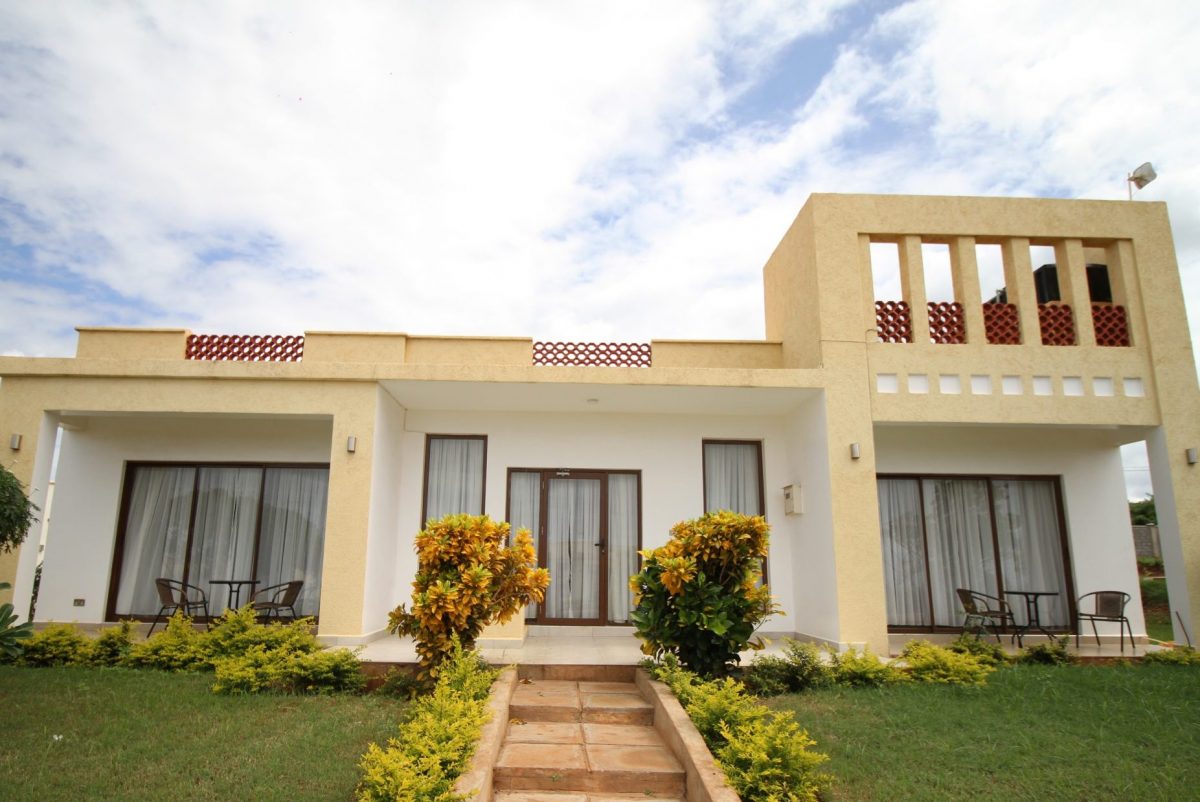Skift Take
The pandemic sparked a surge in investment in luxury houses. While that has increased property tax revenue for governments, the downside of such a boom is a lower number of guests for hotels still recovering from the crisis.
The pandemic has accelerated, among other developments in travel, the surge of both remote work and the short-term rental market. But it’s also driven entrepreneurs to invest in luxury houses in Kenya instead of hotels.
Entrepreneurs increasingly view private homes as valuable and affordable investments given that consumers often are looking for more spacious properties. Luxury houses are becoming a popular accommodation option for guests who find them more comfortable than hotel rooms.
“The guests end up being buyers since they frequent the coasts as a holiday destination and hence can make savings by buying their own holiday home,” said Clive Ndege, head of sales at Kenya-based real estate developer Superior Homes.
“The affluent investors who in the erstwhile years would buy luxury homes abroad but would travel due to restrictions are appreciating the importance of investing in Kenya for the ease of accessibility,” Ndege said.
Alastair Cavenagh, the chair and founding member of the Vipingo Ridge, a gated community in Kenya, believes the pandemic was the key factor in the surge in investment in luxury homes.
“I think the pandemic has made people more conscious of personal space and has been the main driver behind investors and customers looking for a more personalized experience,” Cavenagh said.
“Given the lower number of rooms (in a private house) compared to say a small boutique hotel, the running costs (in a hotel) can prove considerably higher than a luxury home,” he added.
And with investors increasingly renting out luxury homes to guests, Michael Muriithi, the CEO of tour operator Sandy Safari Africa, notes that luxury homes are emerging as appealing accommodation options for travelers.
“When it comes to hotels, most are old and haven’t been renovated for years with the same old services — unlike the luxury homes, which have been converted to hotels,” Muriithi said. “This is what is making some of our clients opt to be taken to luxury homes as opposed to hotels. The result is low bookings in hotels.”
So how are hotels responding to competition from luxury houses?
Properties like Nairobi’s Tribe Hotel, which is part of Marriott’s Design Hotels, have undergone renovations that could help it appeal to prospective guests, such as installing kitchenettes in its rooms.
Meanwhile, hotel brands are also investing in luxury homes.
The Hemingways Collection, a group of five-star luxury hotels in Kenya, commissioned 21 new luxury residences that were selling for between $360,000 and $1.2 million.
“Owning luxury apartments is a trend that is fast catching up in the country’s hospitality and tourism sector. Today’s guests prefer the space and freedom that a luxury apartment affords as opposed to a hotel room,” said Melinda Rees, the Hemingways’ operations manager.
The reason for that shift is that the hotel is guaranteed income even during the low season, ensuring that it remains open and staff still have jobs.
“Being able to have a holiday home that is already set up makes it easier. As travel to the coast becomes less seasonal, visitors will come more often, (increasing) land and property values and (making) the residences a good investment,” she said.
CORRECTION: The article has corrected to state that Nairobi’s Tribe Hotel is not owned by Marriott as well as Alastair Cavenagh being a founding member of Vipingo Ridge.
Dwell Newsletter
Get breaking news, analysis and data from the week’s most important stories about short-term rentals, vacation rentals, housing, and real estate.
Have a confidential tip for Skift? Get in touch
Tags: africa, Design Hotels, future of lodging, hospitality, kenya, luxury, marriott, pandemic, short-term rentals
Photo credit: A luxury home in Kenya. They are becoming popular choices for investors. Harriet Akinyi
